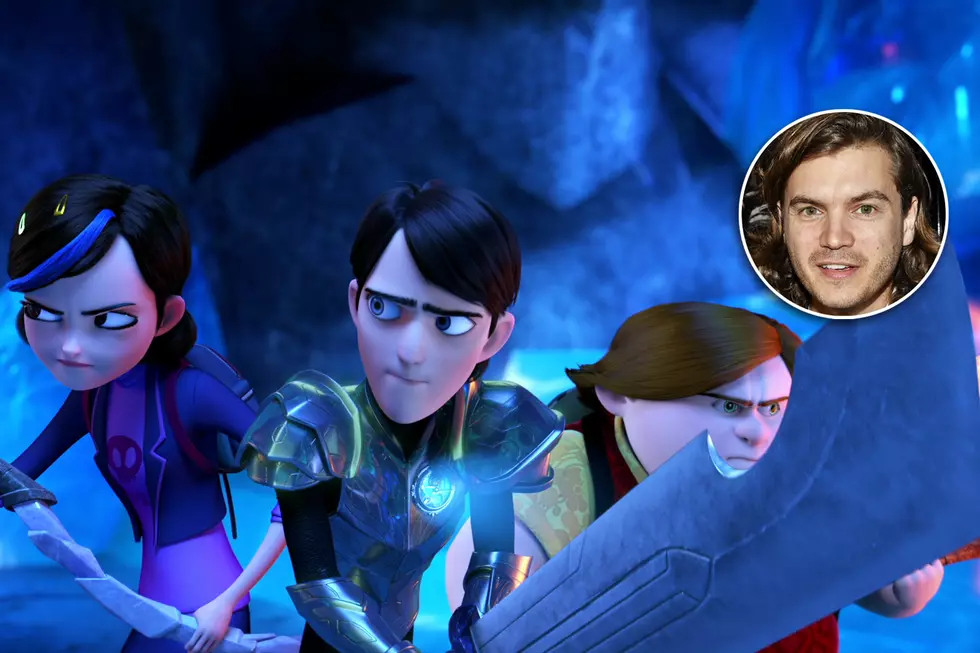
‘Porto’ Review: One of Anton Yelchin’s Final Films Is Not His Finest
You’re not supposed to speak ill of the dead, but what of the works they left behind? Anton Yelchin’s remarkable talent was (and remains) undeniable, but not even he could save Porto, for which the primary selling points are: That it was produced by Jim Jarmusch, stars Yelchin in one of his last roles, and is vaguely reminiscent of Richard Linklater’s far superior Before trilogy.
That last part is of particular note, since director Gabe Klinger previously made his debut with the 2013 documentary Double Play: James Benning and Richard Linklater, which explored Linklater’s relationship with the experimental filmmaker. Clearly Klinger is a fan, but Porto hardly measures up to Linklater’s romances, or even the earlier, scrappier works that launched his career.
Porto is a triptych shot (and presented at SXSW) in 35mm, which certainly gives it a mournful quality that accentuates Klinger’s themes of unreliable perspective and the fragmented fluidity of memory. Yet that description conveys more meaning than the actual film, which struggles to build a solid case for itself. Porto centers on the tenuous relationship between Yelchin’s Jake and Lucie Lucas’ Mati, a mismatched pair who spend an emotionally charged evening together in Spain. Jake is a blue-collar type from America, a detrimentally earnest character who hews uncomfortably close to the “nice guy” archetype. Mati is a French student six years his senior wrestling with her relationship with a professor who wants to get married and have kids.
Each of the film’s first two chapters center on Jake and Mati and their respective sides of the story, but despite Klinger’s framing, neither side stands out as particularly unreliable, which renders this conceit sort of unnecessary. And while Yelchin is predictably good with what he’s been given, Jake is one-dimensional; he’s recklessly needy and nauseatingly persistent, at one point forcing himself on Mati in a scene that ultimately results in a run-in with the local police. Perhaps if these two spent more than one night together, and if we got to know them a little better, then Jake’s aggressive behavior wouldn’t seem so alarming. As it stands, Porto is kind of like Klinger imagining what would happen if Ethan Hawke hung around at the end of Before Sunrise and stalked Julie Delpy.
These chapters are sporadically interspersed with “present day” Jake, now balding and graying and having seemingly spent his life mourning the loss of what could have been with this woman he spent one night with. As written by Klinger and co-writer Larry Gross, Mati is reductively painted as an enigmatic, unattainable woman who eats soup (followed by a weird convo about how healthy she is) and suffered from some sort of psychotic break, which, unsurprisingly, makes Jake find her even more attractive. Jake and Mati are barely even characters, much less people. Watching them interact is like sitting through the forced conversation preceding the big sex scene in a particularly arty porno.
That Porto was shot and presented in 35mm is nice and all, but affection for the format hardly justifies the film, which feels far longer than its 76 minutes. Between the haphazard zooms and the odd editing meant to evoke the way we re-stitch fragments of memory in hindsight, Porto reads like a short student film pointlessly extended to feature length.
More From ScreenCrush









